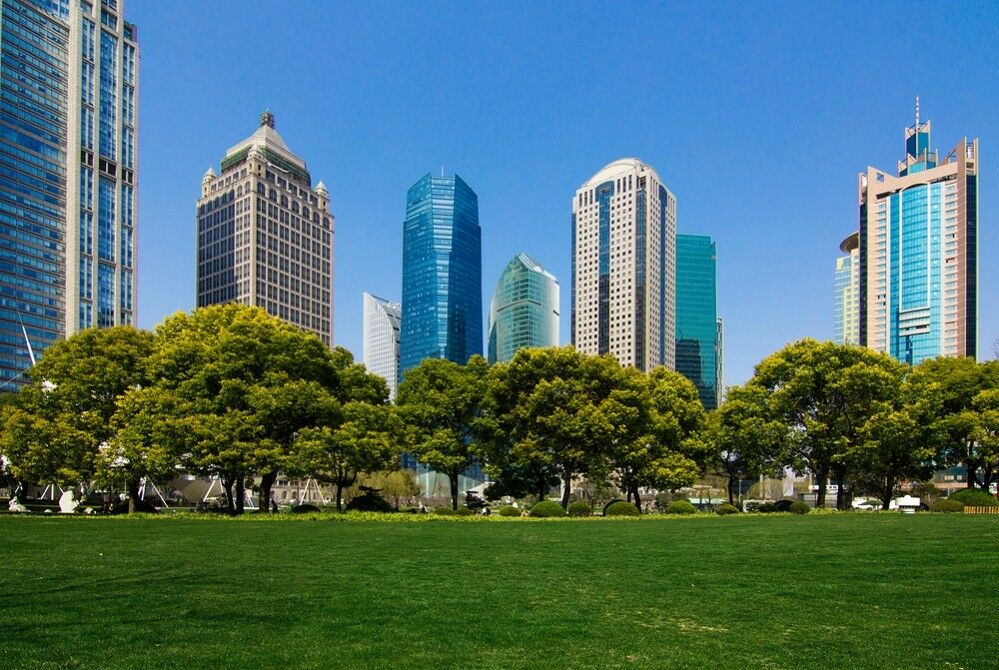More trees in Bangkok could cut heatwave mortality by a third
Planting more trees could decrease deaths during hot summer months

Planting more trees in Bangkok to lower summertime temperatures could decrease deaths directly linked to hot weather and heatwaves by a third. Increasing tree cover to 30% would shave off 0.4 degrees Celsius locally, on average, during hot summer months.
Thai PBS World tells us that of the 6,700 premature deaths attributed to higher temperatures in 93 European cities during 2015, one-third could have been prevented. Currently, just under 15% of urban environments in Europe, on average, are covered by some kind of foliage.
Bangkok has over three million trees. Under “Green Bangkok 2030,” more trees in Bangkok will be planted throughout the metropolis to increase green areas to an average of 10 square metres per person, up from 6.9 square meters today.
The World Health Organization (WHO) said that healthy, green cities should have an average of at least 8 square meters of green space per person.
The study was the first to project the number of premature deaths due to higher temperatures in cities that could be prevented by additional tree cover, said lead author Tamar Iungman, a researcher at the Barcelona Institute for Global Health.
Iungman said…
“We already know that high temperatures in urban environments are associated with negative health outcomes, such as cardiorespiratory failure, hospital admission, and premature death.
“Our goal is to inform local policy and decision-makers about the benefits of strategically integrating green infrastructure into urban planning to promote more sustainable, resilient and healthy urban environments.”
Cities record higher temperatures than surrounding suburbs or countryside due to the so-called urban heat island effect. This extra heat is caused primarily by a lack of vegetation, exhaust from air conditioning systems, along with dark-hued asphalt and building materials that absorb and trap warmth.
Climate change has already amplified the problem. Last year, Europe saw its hottest summer on record and second warmest year. Overall, the cities with the highest temperature-elated mortality rates were in southern and eastern Europe.
Laurence Wainwright, a lecturer at the University of Oxford’s Smith School of Enterprise and the Environment, said…
“Urban tree planting -– on the right scale, in the right places, and under certain other conditions -– likely leads to a modest-yet-real reduction in heat-related deaths in many urban areas.”
The capital is now increasing the number of workers to keep more trees in Bangkok flourishing and healthy, which has helped make the city a better place to live. More and better training is also provided to up-skill human resources along the way.
Earlier studies have shown that green spaces can have additional health benefits such as reducing cardiovascular disease, dementia and poor mental health, as well as improving the cognitive functioning of children and the elderly.
Latest Thailand News
Follow The Thaiger on Google News:


























